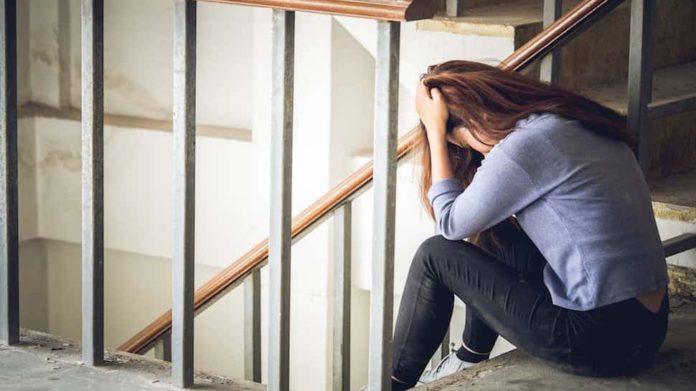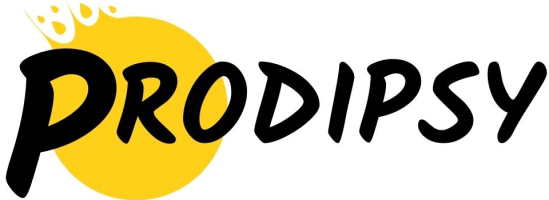
Recovering from drug addiction is a challenging task that requires a combination of hard work, life changes, and willpower. Unfortunately, even the most motivated people can fall off the wagon. However, this slip-up should not discourage you because most addicts do have at least one relapse during the recovery process.
Also, many rehab centers are well-equipped and have strategies in place for dealing with a relapse that might occur. Combination therapy can help patients who have tried every normal strategy but have relapsed. Combination therapy involves leveraging medication-assisted treatment (MAT), which uses FDA-approved detox medications in conjunction with therapy, psychosocial support, and individual counseling to reach sustained and long-lasting sobriety. Of course, when it comes to relapse, prevention is always better than cure. Some rehab centers like faith based rehab in Florida offers continuous support even after the therapy is over to prevent any possibilities of relapse from happening ever again. And there is nothing to be discouraged about even if you relapse because you can always recover from it.
Although relapse is obviously not the goal, it can be used as a learning experience and even a tool for developing a stronger treatment plan. So, if you or a loved one have relapsed, keep reading to find out how to deal with this momentary setback and keep pushing forward.
Identifying the cause or trigger
Relapse happens for many reasons, and identifying the specific cause is important for moving forward. Some of the most common reasons that a person uses again while recovering is to relieve withdrawal symptoms, feeling daunted by other users, or being overwhelmed with stress. Instead of feeling hopeless during this time, determine what caused the relapse and use it to create a more full-proof treatment method.
Once the cause or trigger has been identified, take time to find alternative methods for dealing with them.
For example, withdrawal symptoms can be alleviated with a healthy diet, sleep, exercise, and vitamins or prescribed medications.
If your peers are still participating in the consumption of drugs, relapse can be avoided by eliminating those individuals from your life temporarily or permanently.
And if the stress was the trigger, there are many self-care routines and activities that can help a person relax while you work towards removing the people, places, or situations that are causing the stress in the first place.
For more help identifying triggers, here is a worksheet that can be filled out to pinpoint personal triggers.
Better planning and getting back on track
Not all individuals create a well-thought-out plan for their recovery, and if a plan was put into place, a better strategy might be needed. However, having a game plan, schedule and rules can make a big difference in a person’s progress, and here are a few tips to consider adding to your plan.
- Create a daily schedule to help you stay on track with your day-to-day activities.
- Eat healthier, exercise, and attend therapy to add routine and healing into your recovery.
- When feeling inspired, write a motivational letter to yourself that can be pulled out and read in times of weakness.
- Take note of possible triggers so that you can arrange your day around avoiding them.
- With the help of loved ones, determine the red flags that may signify a relapse and plan what will happen when these red flags start to show.
- Find a support system such as friends, family, a sponsor, or a group to go to when feeling strained emotionally.
Recognize your emotions
There are many feelings that go along with relapse and recognizing these emotions can help an individual stay sober in many ways. There may be bouts of happiness, sadness, shame, loneliness, excitement and more during the recovery process.
When an individual is feeling any type of emotion,they can pay attention to the thoughts behind those feelings and use them to help their progress. FOr example, paying attention to what brings happiness will encourage motivation and a drive to feel more joy. On the other hand, recognizing what brings sadness will help the individual to understand how they can avoid it in the future.
A large portion of both addiction and relapse comes from emotions, therefore, understanding the emotions behind the user’s actions may clarify what to avoid and what to continue doing in the future.
Spending time wisely
Another strategy for dealing with relapse would be spending your time wisely. Those in recovery may have a lot of free time as they get their life back to normal. With so much free time, there are many opportunities for an individual to get caught up in harmful activities or negative thoughts.
Allocating time towards the right activities will help create a distraction from the addiction as well as bring a sense of self worth for the individual.
A few wise ways to spend time could be:
- Working on hobbies
- Looking for a job
- Spending time with family or friends
- Taking classes
- Attending therapy
- Putting time aside for self care
To find out more about detox for alcoholics check out The Hader Clinic.
Seek help through a recovery center
Recovery can be overwhelming and if an individual ever feels that they could use some help, a recovery center should be considered. At a recovery center, each patient receives one on one therapy, a personalized treatment plan and an array of amenities for relaxation and distraction purposes.
Many people are discouraged by the thought of a rehab center because of how they have been portrayed on television. However, sober living facilities have much more to offer besides group meetings and puzzles. Most facilities are quite nice and provide a patient with a relaxing and safe atmosphere to detox and learn how to take control of their life. If interested, here you can find a prime example of what to expect at a premier drug and alcohol recovery center.
Unfortunately, relapse happens sometimes, and if it does, one should remember that it does not erase all of the hard work that has already been done. Use these strategies to keep moving forward and learn how to use mistakes as developmental tools for a more positive future.
